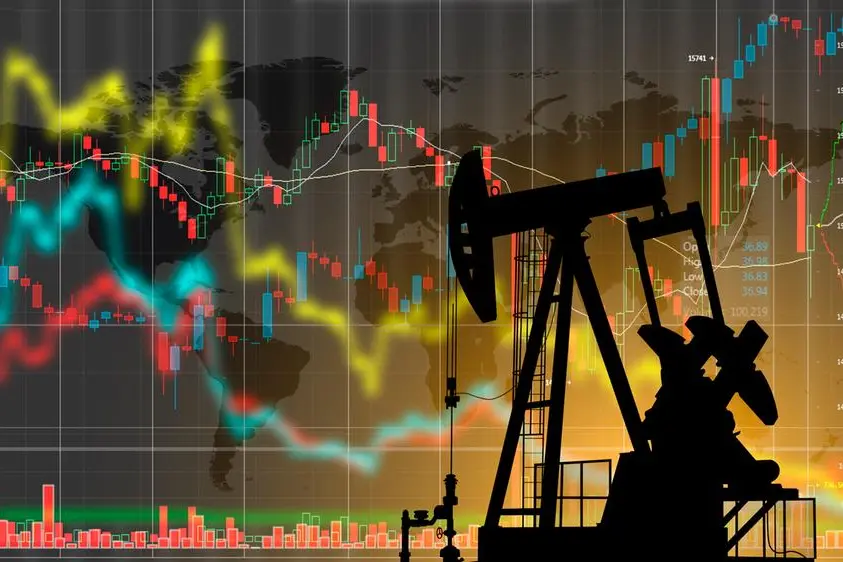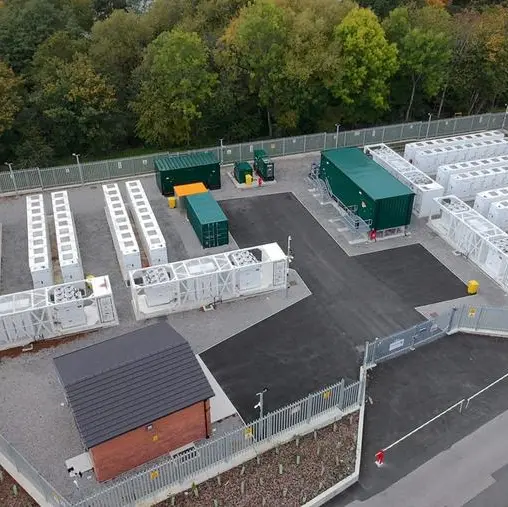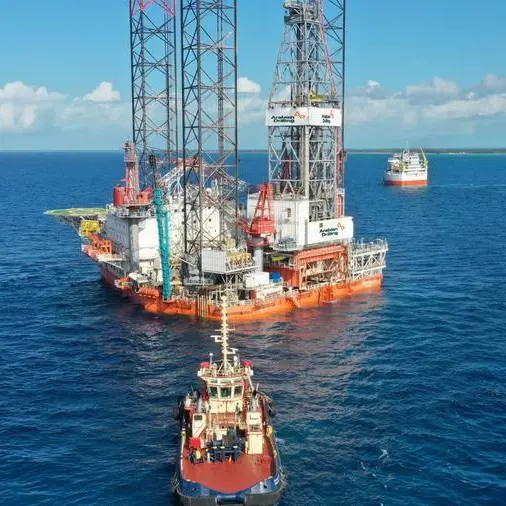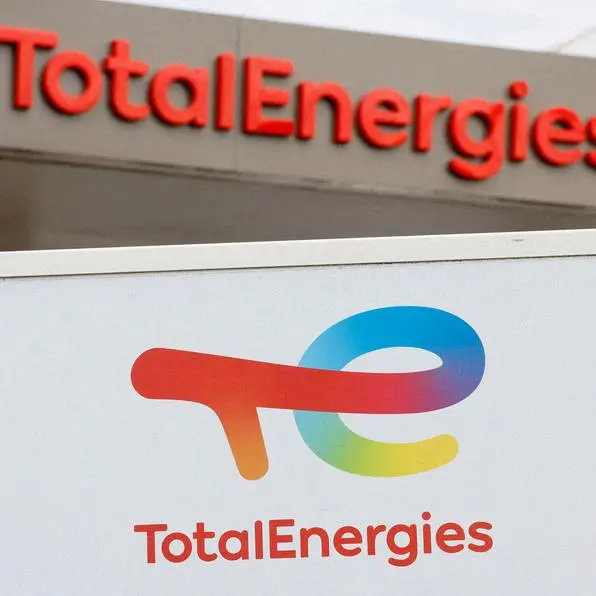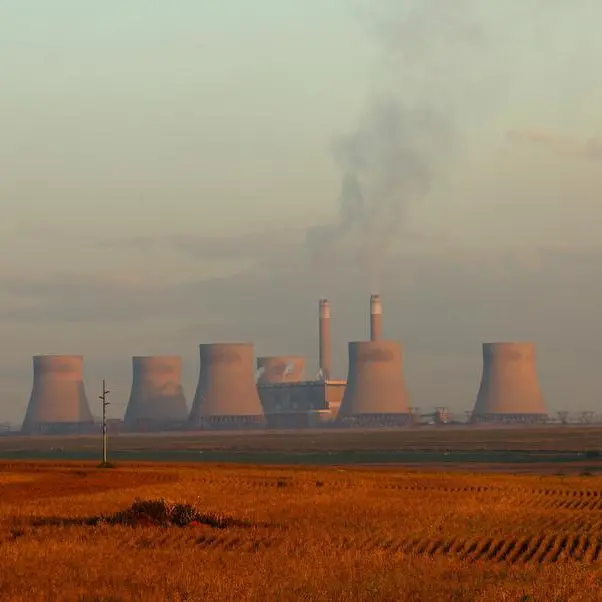PHOTO
The year 2022 witnessed the largest energy supply shock since the 1970s due to a confluence of European gas storage scarcities on demand destruction, milder-than-usual weather in the early part of the heating season as well as tepid Chinese LNG demand.
According to a report by Mitsubishi UFJ Financial Group (MUFG), a Japanese bank holding and financial services company, the energy crisis is far from over and the year 2023 can be classified as one of alarm.
Whilst the US natural gas market remains comfortable on benign production and weaker power demand, it’s across the Atlantic where the concerns lie, according to the report titled Energy markets 2023 outlook.
The precipitous decline in European natural gas prices since last summer has created a false sense of security. The collapse in Russian flows, rising Chinese LNG competition (on reopenings) and ongoing demand defence measures, will reinforce the tightness in European gas markets and support prices, the report noted.
The most alarming issue of 2023 in MUFG’s view is the continued crystallisation of European de-industrialisation risks owing to the energy shocks disproportionate impact on the continent relative to the rest of the world. “There are growing apprehensions that the recasting of the global energy system will pose a test of Europe’s modus operandi in 2023 and beyond,” the report said.
Explaining the factors that could cause alarm in global energy markets in 2023, the report noted that unlike 2022, storage will be modest in 2023, given the collapse in Russian flows and rising Chinese competition for LNG flows.
Some of the other factors that could trigger an alarm are: Acute electricity shortages and diesel (workhorse of global economy) tightness; low inventories, low spare capacity, low investments; rise in de-industrialisation through the erosion of competitiveness; policy paralysis and unpredictable state measures (e.g. ad hoc taxes) risks extending the crisis’ depth; and ESG considerations limiting the start of the next carbon-intensive energy capex cycle.
Oil to rebound in H2
The MUFG projects a range bound price in H1 2023 due to sluggish demand but higher prices in H2 2023 on meaningful tightness.
Brent and WTI crude oil prices are expected to rise above $100 a barrel in Q3 2023 through to Q4 2024, according to MUFG.
(Writing by Sunil S; editing by Seban Scaria)
